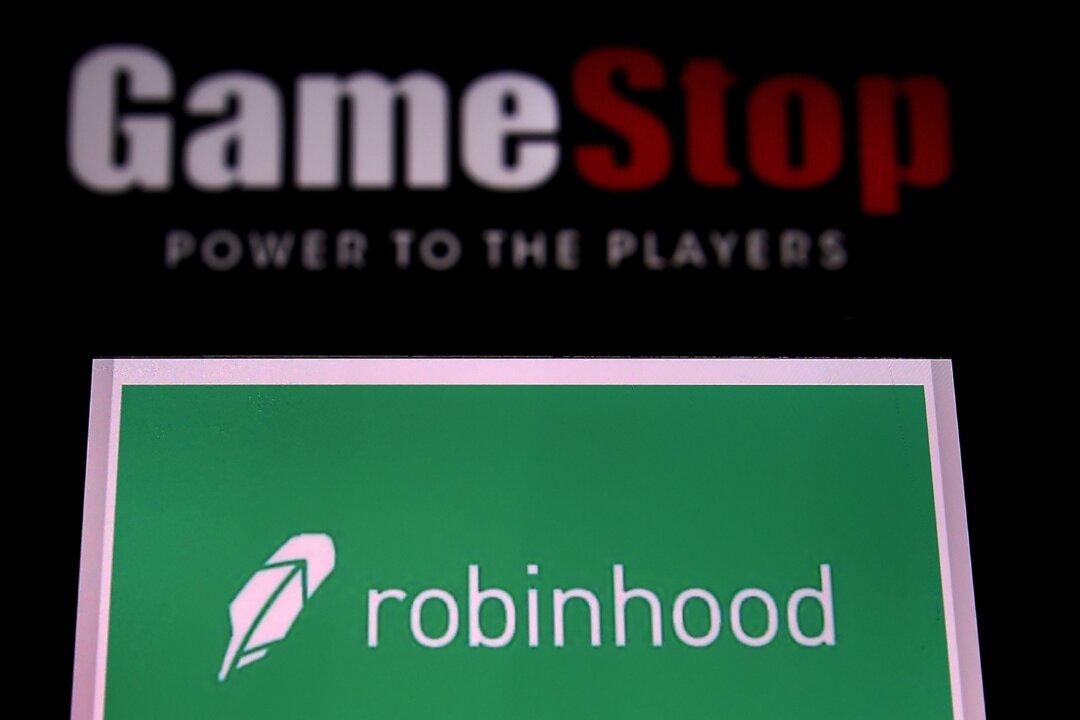News Analysis
GameStop and a handful of other stocks have experienced roller-coaster rides that have gripped financial markets over the last week. The force of an army of retail traders coordinated via social media highlights a number of issues simmering below the surface.
“Whenever you see a lot of these kinds of froth, ... it’s a sign that the bull market might be coming to an end,” Jean-Paul Lam, associate professor of economics at the University of Waterloo, told The Epoch Times.
He added that when rampant speculation drives stock valuation to levels completely divorced from fundamentals, one has to start wondering whether the “irrational exuberance” will provoke a sharp pullback. The dot com crash at the turn of the millennium is but one prior example.
“The speculative frenzy that is currently contained to a small corner of the market could be a first warning sign for much more consequential asset bubbles growing over time, especially as fiscal and monetary stimulus run at full throttle well into the expansion,” wrote BMO senior economist Robert Kavcic.
But when the focus of the speculative trading turned to silver, then it is potentially more problematic for Canada, Lam said. The frenetic trading that whipped around GameStop, AMC Entertainment, BlackBerry, and others pushed silver to an eight-year high on Feb. 1.
“For Canada, this is a story to watch more than for what’s happening in individual stocks—what’s happening to commodity prices in the next few weeks,” Lam said. “If I were the Bank of Canada, that’s something I would be watching very, very closely.” Lam is a former assistant chief economist at the central bank.
The efforts of retail traders can keep prices and volatility elevated in the near term, according to Bart Melek, TD Securities global head of commodity strategy, in an interview with BNN Bloomberg.
Most common commodities are not likely to experience the price swings of stocks, but sudden price increases can filter into the cost of goods and inflation. It could also push up the Canadian dollar and weigh on exports and the economy.
‘Perfect Storm’
When combined with how easily and cheaply stocks can be bought and sold on apps like Robinhood and how quickly information flows on social media, and perhaps even an intent by the little guy to take on the establishment of Wall Street—the end result of spiking market volatility has likely caught Canadian policy-makers by surprise, Lam said.
“It’s kind of like a perfect storm,” Lam said. A lot of folks have excess savings from government pandemic support and can borrow at historically low interest rates, he noted, and many are trying to make a quick buck in the stock market—there’s a fear of missing out.





